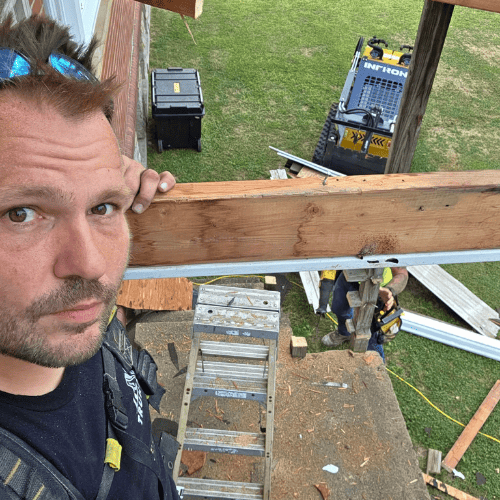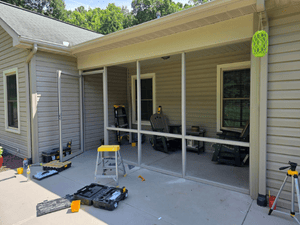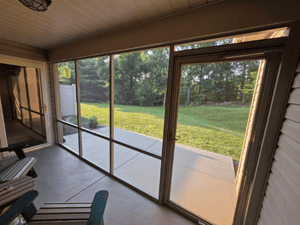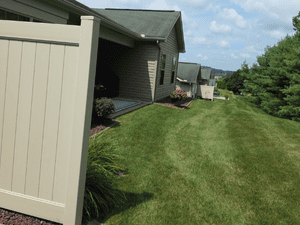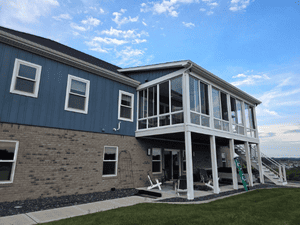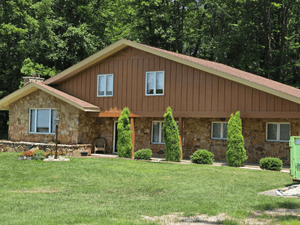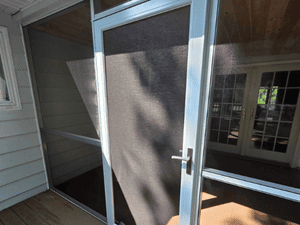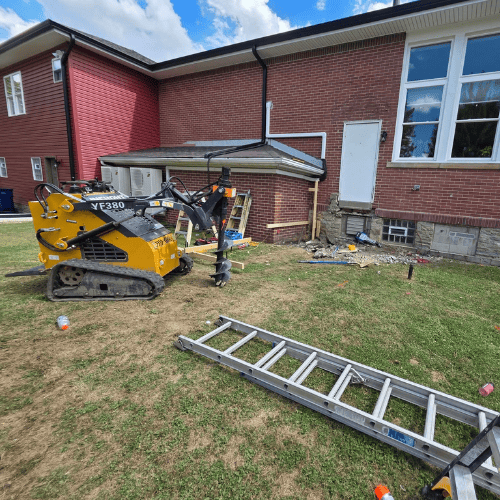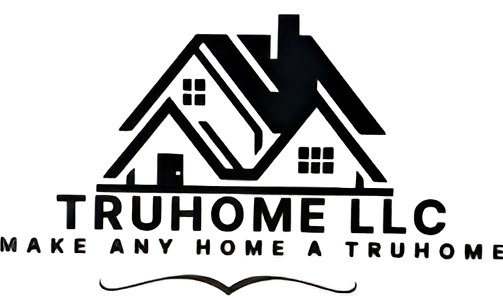about us
Since 2014, TruHome LLC has been transforming homes with expert exterior construction services, including window installations, custom decks, stylish railings, and patio enclosures. Owned and operated by dedicated blue-collar professionals, we promise quality craftsmanship, affordable pricing, and unbeatable warranties, ensuring every project exceeds expectations. Trust us for efficient, pressure-free renovations.


